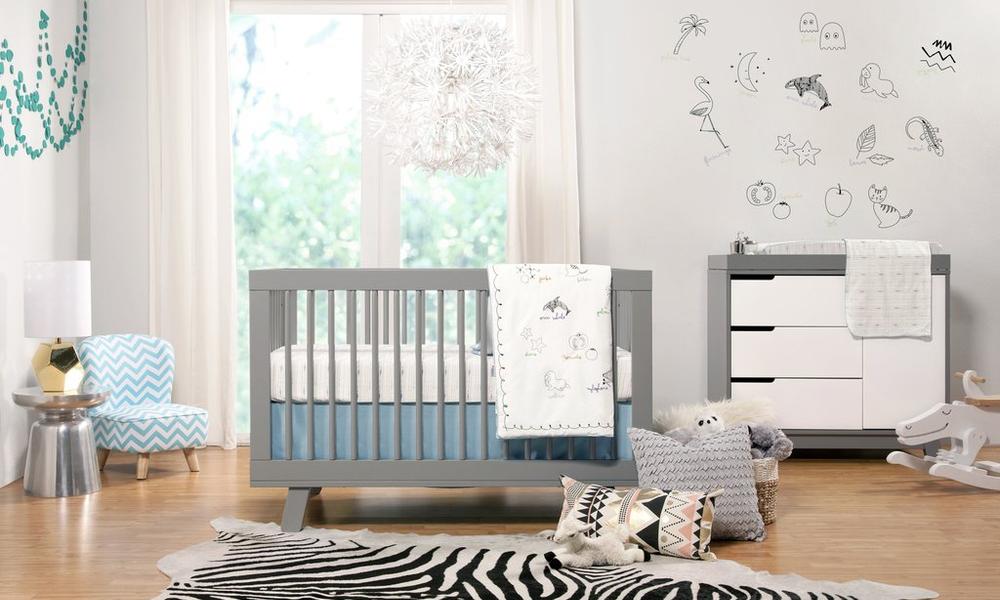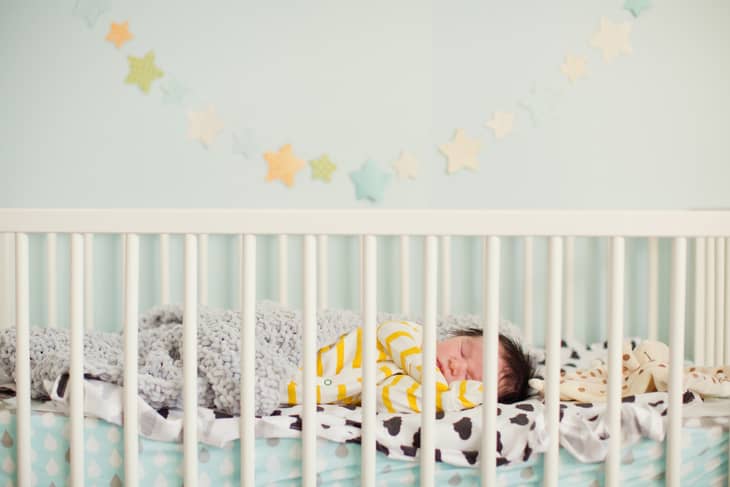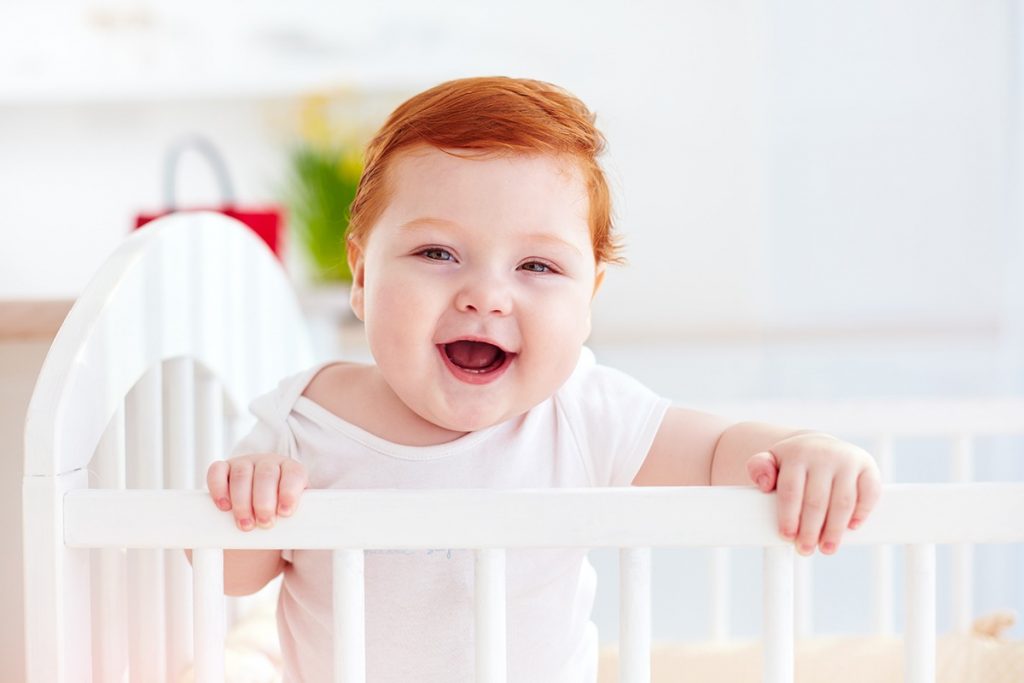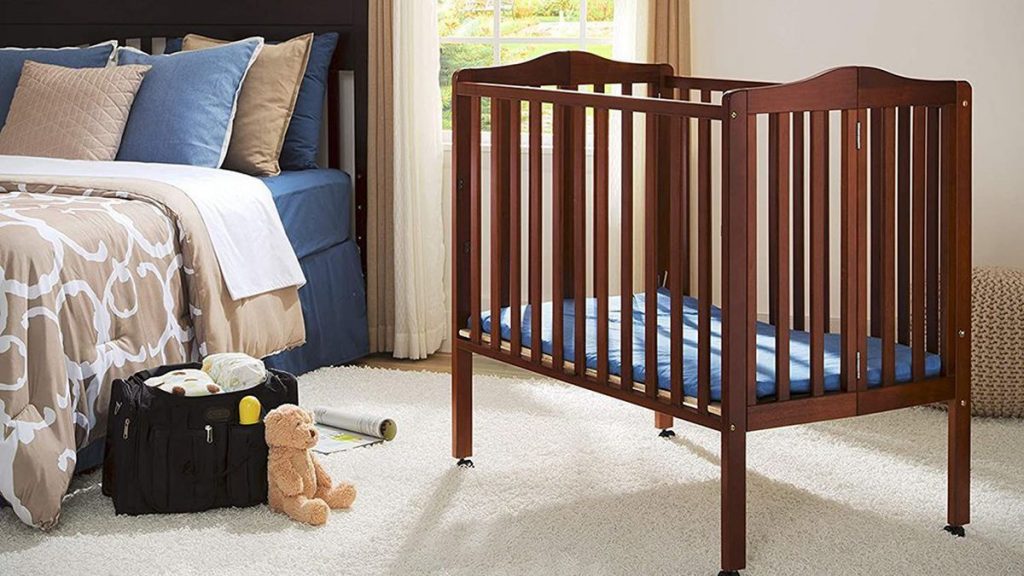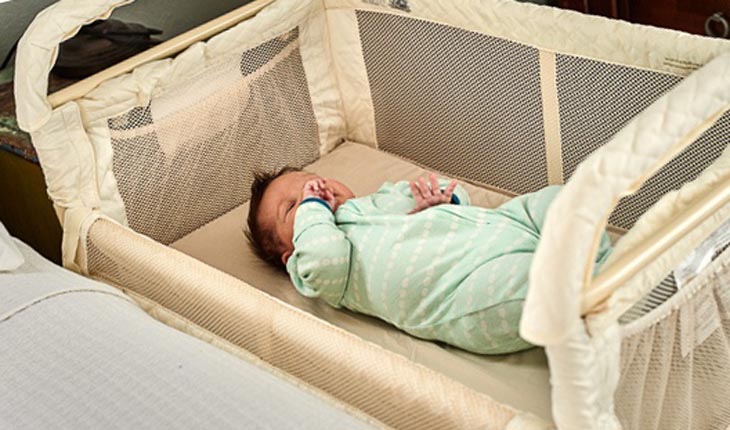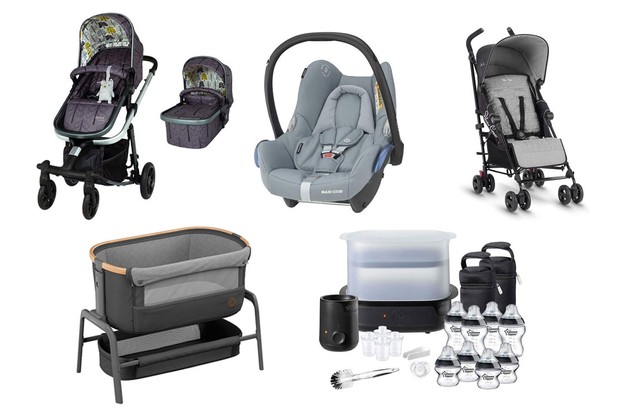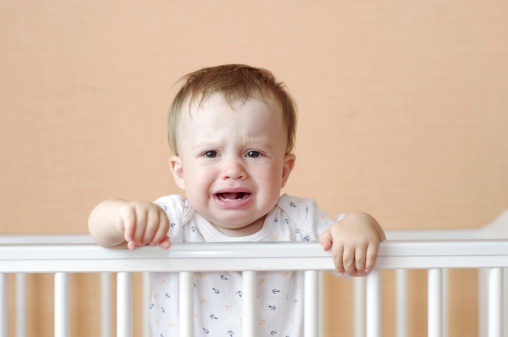
Any transitioning phase in the life of your child can be extremely hard. Babies aren’t used to change, and if it was up to them, they will always be most comfortable in their parents’ arms.
Nevertheless, that cannot go on forever. One of the most arduous of these phases can be transitioning into their own nursery and crib303. At one point, you’ll find yourself asking if your baby hates the crib because they are absolutely refusing to go down for even the smallest of naps in their crib, don’t worry. We will walk you through the reasons why this is happening and help enlighten you with some nifty solutions that’s all guaranteed to help you.
Contents
Psychological Reasons
Our tiny precious humans were at one point living happily in the comfort of their parents’ arms 99% of the time. The only room they’ve ever known is their parents’ room, and they will normally be co-sleeping with them. Hence, the shift from the parent’s room to the nursery, which is mostly used as storage, can be quite shocking to them.
Separation from Caregiver(s)
After being used to sleeping in the parents’ arms, they now have to learn to sleep independently as the parent sleeps in a totally different room. Even with all the safety precautions such as baby monitors etc., the fact that your baby cannot smell your significant scent is bound to make them uncomfortable.
That’s why teaching your child to sleep in a crib must be a gradual process, you can’t just dump them in a crib and expect them to figure out the whole thing by themselves. Try to lull your baby to sleep before putting them in the crib. You can use a swing and transfer them just as they are having hooded eyes.
Furthermore, you can sing to them and try to stay next to the crib for a period of time, which can decrease gradually throughout the days. After some time, you’ll find that things are getting a lot easier.
Another technique that you can use is the swaddle which is only advised until your child is around 4-6 months old, and they can turn around by themselves. A swaddle re-creates the womb environment and makes the baby feel safe and encompassed.
One more thing that you can do to make your baby feel more at home in the new crib is to either use a Lovie or any belonging of yours that can carry your scent. A Lovie can be a blanket, a T-shirt, a pacifier, or a stuffed animal. Nonetheless, don’t forget that for the first few months, it’s not at all recommended to have anything in the crib with your baby to avoid any risk of suffocation.
After that, you can begin to introduce these elements in order to comfort them. As we have said, this could even be an article of clothing from one of the parents that carry their scent.
Timeout Space
Naturally, if you have previously used the crib as a place for a timeout, any sort of discipline, or even where you put your baby when you need to gather yourself for a minute or do a quick chore, then the memories related to the crib in your baby’s head will lay on the negative side.
That is hardly encouraging for the little one to feel safe enough to fall asleep in a crib. Consequently, try to exclude the crib from all of the disciplinary actions that you might want to follow through with your child. This way, it’ll remain a safe, happy zone that they can acclimate themselves to.
Large Crib
We have just mentioned how babies like to be contained and warm at all times. So, transferring them from your warm embrace to a large crib may very well make them feel lost and lonely.
Consequently, although large cribs are enticing in the sense that they will serve you for many years to come, try to find a size that will suit your little one now to help them fall asleep better.
Another thing that you can use after the 4-6 months phase is a sleep sack which is kinda like the swaddle; yet, it allows the baby to roll over without any dangers.
Tensioned Caregiver(s)
Babies are incredibly in sync with their caregivers, just as they were when they were still in-utero. So, don’t be surprised that if you’re in a bad mood, then your baby will be in a bad mood as well.
We’re in no way stating that parents should be ecstatic and joyful at all times, we are all humans in the end. Nevertheless, if you want to put your baby to sleep effortlessly, then you might want to take a few minutes to yourself to calm down.
That way, you can exude this calmness and serendipity all over your precious little one in order to send them off to the land of dreams as easily as possible.
Physical Reason
Just like adults, babies do suffer from some physical conditions that can make falling asleep very hard, so they resort to their favorite method of communication, and that is crying.
Heartburn
Everybody knows how annoying heartburn can be. You’re not comfortable in any position, and sometimes, you don’t even know what is its source. When it happens to babies, it’s even more bothersome because they cannot convey this feeling. Consequently, comforting them and putting them to bed becomes a near-impossible task.
Uncomfortable Swaddle
Having your baby look like the cutest burrito in the world isn’t just adorable, but advised as well up until 4-6 months of age. Still, don’t overdo it as the easiest thing for babies is to have their respiratory tract blocked. Whenever you do swaddle your baby, make sure that they have some room to wiggle a little bit, and that they are breathing comfortably.
Colic
Colics happen for all types of reasons, especially with babies, and when they do happen, you’ll find that your baby looks pretty tense, as if they are thinking about their student loans!
All parents have different remedies for colics; you just have to keep in mind that your baby might not be choosing to be difficult at this moment, they just need a bit of extra care. Your first line of defense can be some extra ventilation and some leg exercises to move things around a bit.
Final Thoughts
In all honesty, we think that the answer to the question “does your baby hate the crib?” is leaning towards no more than yes. The thing is, there are so many elements and variables that go into this equation that you will need to take care of and make a sort of an algorithm out of.
The bottom line is that your baby will need time to adapt to the new environment, to their tiny sense of independence, and to the vastness of the world around them. You just need to be patient, and come through as the wonderful parent that you are.

